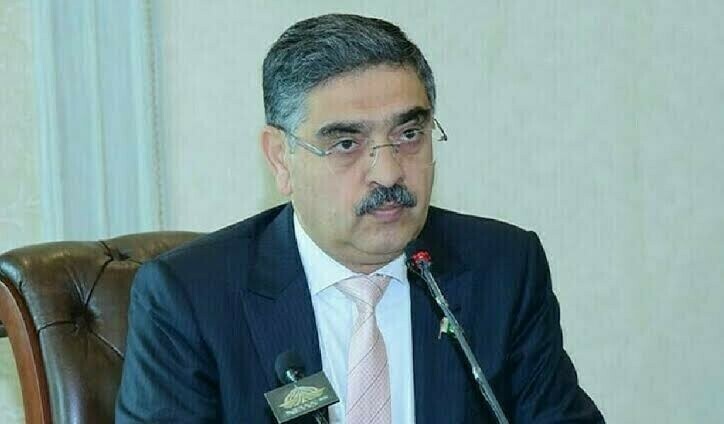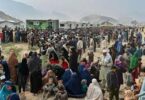Caretaker Prime Minister Anwaar-ul-Haq Kakar toasted on Tuesday that his foremost priority to fix the problems of the country during his term in office would be to cut the government’s expenditure and increase national revenue. During an interview with the foreign media, the interim Prime Minister noted that the economy is extremely pressing right now and these are the problems which are hitting the common man very hard. According to him, the International Monetary Fund (IMF) deal was an opportunity for the country to focus on how economic behaviour was influencing the life of the common man in the country. He promised to provide a blueprint for the future elected government that can take some benefit of it, stay the course, and deliver to the people of Pakistan.
After touring a week-long trip in the United States and enjoying elite-class living in New York and London, the Premier remembered his poor masses as his plane touched back in Islamabad. Simple living, austerity, contentment and cuts in government expenses are the popular terms of the rulers which they employ on poor masses, low cadre government employees, but those highly advertised arrangements always failed to curb huge incentives, massive protocols, luxurious style of living of Pakistani government leaders and bureaucrats throughout history. The announcements of reducing meals, auction of homes, sale of attire and eating grass like famous sloganeering once had been raised by previous rulers from the PTI, the PML-N and the Pakistan Peoples Party (PPP) in the past but unfortunately, those words remained unimplemented by so-called nation saviours so far. Being an interim leader, Mr Kakar’s UN trip was a vain effort aimed at self-projection and image building because appearing at the world forum and squealing on the Kashmir dispute would not move Indian hegemon to resolve the issue but surely enrolled the Kakar’s name in the list of Champions of Kashmir cause. In the current scenario, Pakistan’s permanent Envoy or Foreign Minister Jilani’s presence was sufficient to argue Pakistan’s case at the global forum.
Realistically, unethical and politically motivated governance had always been a major issue in the country, which not only resulted in the wastage of national resources but proved to be disastrous, leading to further degradation of the economy. Ranging from mega development projects to constitutional and electoral reforms, privatization of state entities to the distribution of development funds, all decisions were fundamentally based on the political interests of the ruling elite and mostly ended up in failure but cost billions of rupees to the national exchequer. The latest wave of price hikes seriously hurts all segments of society and equally affects the prices and availability of all daily use commodities, transport fares, tuition fees, essential medicines, healthcare expenses etc. The crisis of hefty electricity bills had not been resolved yet and the unelected leaders weighed another round of petrol bombs, electricity and gas hikes that pushed the masses into poverty and miseriness. According to the World Bank report, the poverty rate has surged to 39.4 % with almost a 5% increase in the previous year, posing serious challenges to over 240 million masses, pushing 12.5 million below the poverty line.
Even then the Pakistani elite was not serious about taking stringent economic measures to broaden the country’s tax base by bringing influential feudal, real estate and property tycoons into the tax net and slashing unimaginable amenities and incentives of politicians, bureaucrats and military generals which were previously legalized through anti-public and anti-state legislation in the past. The caretaker ruler is tirelessly beating the drum for austerity on one hand and expanding his army of advisors and ministers on the other, foreign visits, statesman’s legacies and widely publicised investment agenda are being pursued by the unelected leaders, that evaluation is pending so far. In fact, the public does not believe in leaders’ verbosity, until and unless it has some practical impact on their living. Therefore, interim rulers must initiate an austerity drive from the top so lower ranks and the common public follow them in achieving this important national agenda at this crucial time.







